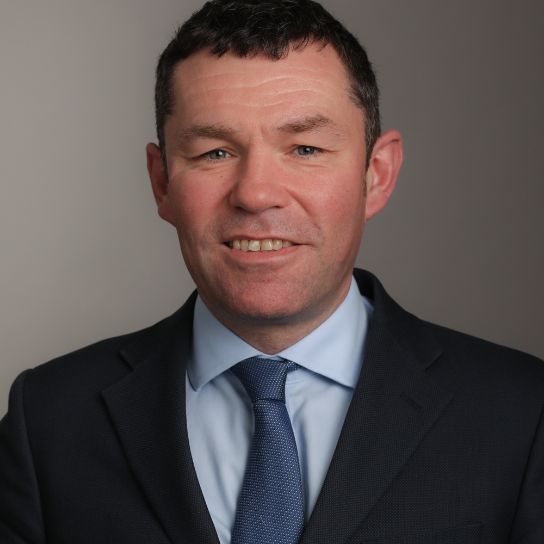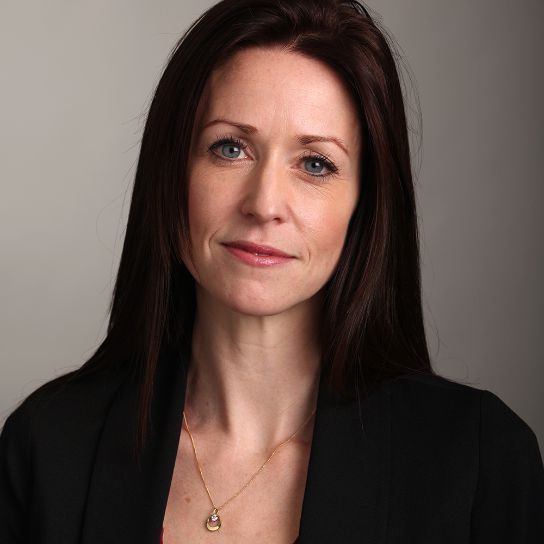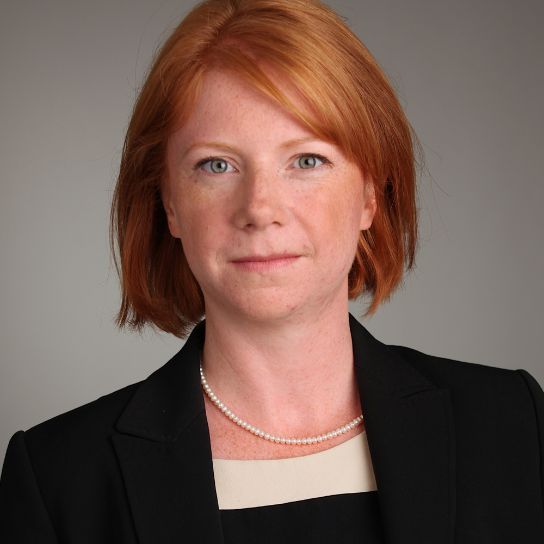The ICC has recently published its full statistical report: the 2016 ICC Dispute Resolution Statistics. This Report demonstrates yet another impressive year of growth for the ICC. In particular, the ICC announced that 966 new cases were filed in 2016. This represents both a record number of cases filed in a single year and an unprecedented growth of 20% from the previous year. Overall, the large caseload numbers, the geographical spread of parties involved and the size of amounts in dispute point towards the ICC maintaining its position amongst the world's leading arbitration institutions.
We discuss below the key statistics from the Report.
Caseload
While the ICC had previously seen a steady 1%-3% increase in its caseload from 2012 to 2015, it saw a record 20% increase in its caseload in 2016. The chief reason for this growth was attributed by the ICC to continuing expansion in all continents, but with particular emphasis on a surge in cases from North and Central America and from Africa. Interestingly, there was an increase in the number of multi-party cases, with nearly half of new cases involving three or more parties (43%).
Party nationality and places of arbitration
Nearly 80% of the cases filed at the ICC last year were between parties from different countries. These disputes involved 3,099 parties from as many as 137 different jurisdictions. Filings involving parties from the Americas more than doubled, whilst there was a 50% growth in parties from Africa, and a 22% growth in parties from South and East Asia. The number of parties from Central and West Asia returned to pre-2015 levels (2015 statistics having been influenced by a case involving multiple Israeli parties), whilst the number of parties from Europe remained broadly in line with previous years.
Whilst the three most frequent nationalities of parties filing cases in 2016 were the USA, US Virgin Islands and Belize, this development was attributed to an inflow of multiparty cases involving parties from those jurisdictions. Furthermore, given the Virgin Islands and Belize are popular jurisdictions for incorporation of special purpose vehicles, it is possible that those nationalities may not be truly reflective of the nationality of the disputing parties.
The international reach of the ICC was also reflected in the choice of arbitral seats, with ICC arbitrations seated in 106 cities across the world. Interestingly, the number of African cities chosen by the parties as the place for arbitration rose from 2 to 6 (one arbitration in each of Morocco, Nigeria, South Africa, Tanzania, Egypt, and two arbitrations seated in Algeria), although the total number of African-seated cases remains strikingly low (less than 0.01% of the overall new cases filed).
Sector and size of disputes
In 2016, the ICC saw cases arising from the finance and insurance sector grow to match the number of cases relating to the construction and engineering sector, which sector has historically led to the highest percentage of ICC cases.
Equally noteworthy were the amounts in dispute. The ICC reports that, at US$112,259,575, the ICC's average amount in dispute is higher than the average sums in dispute reported by other institutions. However, it also noted that a significant proportion of the ICC's caseload involved disputed sums below US$5 million (39%). This is what has led to the ICC introducing an expedited procedure (see our blog post here).
Emergency arbitration
In 2016, 25 applications were made to the ICC for the appointment of an emergency arbitrator. Six of the applications were granted in full or in part, with the remainder dismissed or withdrawn. The average time to complete the emergency proceedings was 18 days. Whilst in many court systems, a party who could establish requirements of urgency could get interim relief within a shorter period, this timescale is nonetheless impressive and demonstrates the utility of the EA procedure in circumstances in which the parties may not wish to involve the courts. It also underlines the point that the emergency arbitration procedure, a novelty only a few years ago, has now become an established part of the international arbitration landscape.
Investor-state disputes
There were 7 new ICC cases filed in 2016 based on bilateral investment treaties; six related to investments made by Turkish parties in countries in Africa and Central Asia, and the seventh related to a claim by a Spanish investor against a Central American state. The ICC also provided administrative services in an UNCITRAL arbitration brought by Spanish investors against a Latin American state, and has indicated that it will publish a revised framework for its role as appointing authority in ad hoc cases or those under the UNCITRAL Rules.
Arbitrators
- Nationality
The arbitrators appointed and confirmed to ICC tribunals in 2016 were drawn from 76 different nationalities. There was no change in the six most frequent nationalities appointed or confirmed, with arbitrators from the UK, USA, Switzerland, France, Germany and Brazil being, in that order, the nationalities with the highest percentage of appointments and confirmations. In terms of region, arbitrators from Europe remain those most frequently appointed, representing 57% of all appointments and confirmations in 2016.
- Gender diversity
A further noticeable development in 2016 was the increase in female arbitrators appointed, from 136 in 2015 to 209 in 2016, representing 15% of all confirmations and appointments last year. In 2016, 41% of appointments of female arbitrators were made by the parties (representing a 62% increase in party appointment of female arbitrators from 2015); 46% were made by the ICC Court; 12% were appointed as president of the tribunal by co-arbitrators; and 1% by another appointing authority. The Equal Representation in Arbitration Pledge, to which the ICC is a signatory, was launched in May 2016. It may therefore be expected to have a more significant impact on the gender diversity statistics in ICC arbitration and other institutional arbitration for 2017, and it is to be hoped that this welcome trend continues.
Awards
The Report also provides information about the awards approved by the ICC Court within 2016. The ICC notes a rise in the number of partial awards, suggesting that this "may reflect an increasing trend to bifurcate proceedings". The statistics highlight the ICC Court's role in scrutinising awards, with only 3 out of 479 awards in 2016 approved without any comment at all. However, there is no data available as to the extent of the scrutiny involved, and in our experience many of the comments submitted to the tribunals in question will relate to format or formality.
The Report does not, however, contain information on the duration of ICC proceedings in total nor the amount of time it has taken ICC tribunals to render an award following the close of proceedings. Moreover, it will be interesting to see whether future Statistical Reports address the practical application of the ICC's policies of applying discretionary reduction in the tribunal's fees for a delay in producing awards and reducing the ICC's own administrative fees for undue delay during the scrutiny process. These policies were introduced in introduced in January and July 2016 respectively (see our blog posts here and here).
Overall, a very strong year indeed for the ICC and one which draws out some interesting trends, particularly in terms of the varying sources of arbitral referrals to the institution.
For more information, please contact Craig Tevendale, Partner, Hannah Ambrose, Professional Support Consultant, Vanessa Naish, Professional Support Consultant, or your usual Herbert Smith Freehills contact.
Key contacts
Disclaimer
The articles published on this website, current at the dates of publication set out above, are for reference purposes only. They do not constitute legal advice and should not be relied upon as such. Specific legal advice about your specific circumstances should always be sought separately before taking any action.



